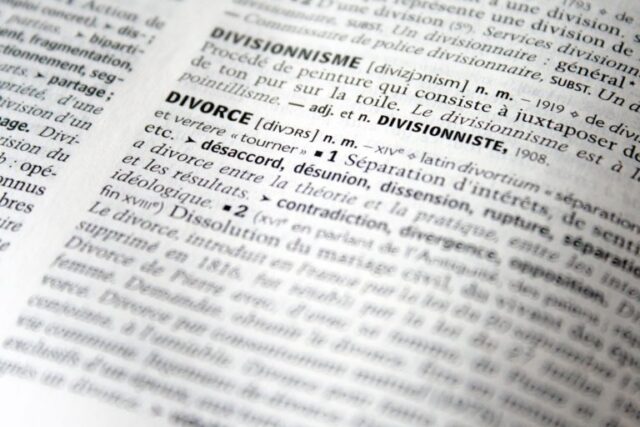As of July 19, 2024, New York State property owners can transfer their real estate property to their designated beneficiaries automatically upon their death through a transfer-on-death deed. This policy change was meant to streamline property entitlements all while avoiding the legal fees and delays commonly associated with the probate process. For more information, please follow along to find out whether you should include a transfer-on-death deed in your estate plan and how one of the Putnam County asset preservation attorneys at the Law Office of Andres D. Gil, PLLC can help you create one if in your best interest.
What is a transfer-on-death deed and how do I create one?
To reiterate, and as the name suggests, a transfer-on-death deed does not have your ownership rights over your real estate property change to your named beneficiary until the date of your unfortunate passing. Meaning, you may maintain control over deciding whether you want to continue using your property, or even sell or mortgage it, for the rest of your life. This is all while being allowed to revoke this legal document at any time, should you ever change your mind about beneficiary designations or otherwise. Again, this is all done outside of the New York State Surrogate’s Court.
If this seems appealing to you, you may want to take steps toward incorporating one into your estate plan. First, you must be at least 18 years old and deemed of sound mind and memory. You must then sign this legal document before two witnesses, who must then sign the document themselves. This must all be acknowledged by a notary public, as well.
How do I know if I should opt for a transfer-on-death deed?
While you may like the offered benefits of a transfer-on-death deed, you must recognize its potential drawbacks before creating one. For one, you may face the possibility of conflicts if you jointly own this real estate property with your spouse, partner, or otherwise another party. That is, if you have a change of heart with this legal document, you need to get the joint owner’s approval before revoking it. And if you sadly pass away before the joint owner, they may make modifications or revocations that ultimately go against your wishes.
Secondly, there may be challenges if you want multiple beneficiaries to inherit your real estate property. This is because your named beneficiaries may only inherit equal shares and you cannot instruct weighted distributions. So, if one of your beneficiaries sadly passes away, the property may be immediately redistributed amongst your other named beneficiaries. This is instead of having the deceased’s own beneficiaries benefit from this asset.
This is not even to mention the potentially negative implications that maintaining ownership over your real estate property has on your Medicaid eligibility. No matter what, you do not need to feel alone in this process. One of the talented Putnam County asset preservation attorneys is ready to be in your corner and support you throughout. So please reach out to the Law Office of Andres D. Gil, PLLC whenever you are ready.
 ?>
?>


